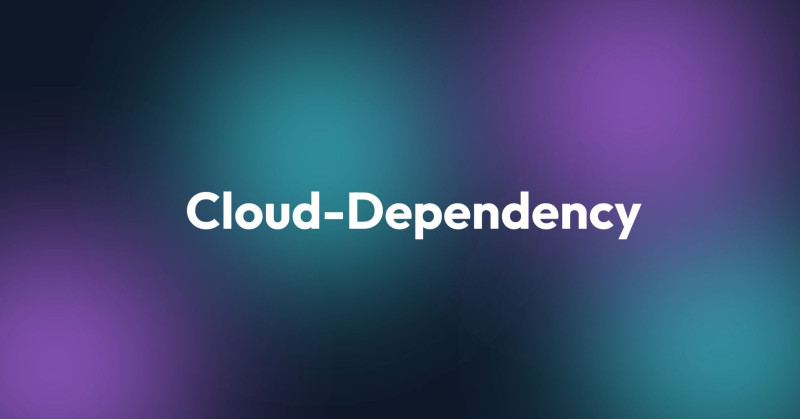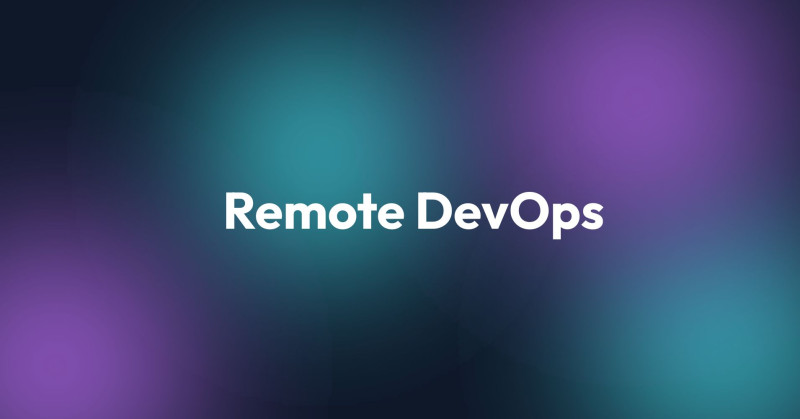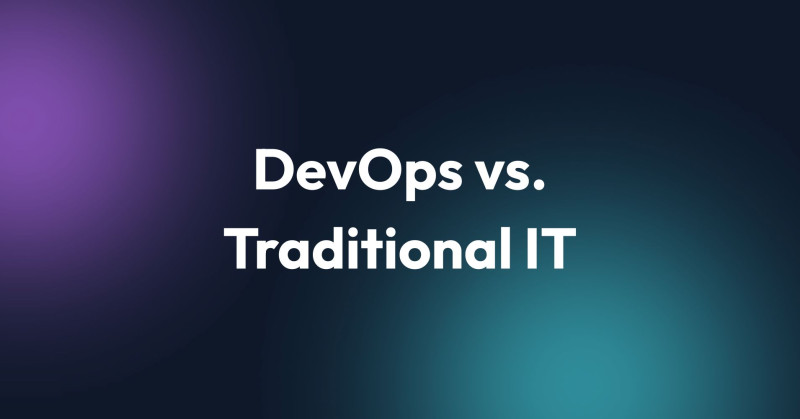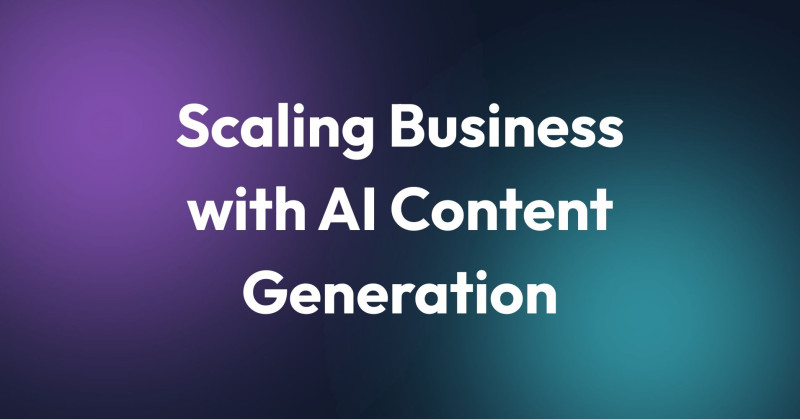Managers spend an average of 40% of their time making decisions. Furthermore, many must make up to ten times more decisions than three years ago. How can artificial intelligence help alleviate this burden? Harness its potential to avoid costly mistakes and stay ahead of the competition.
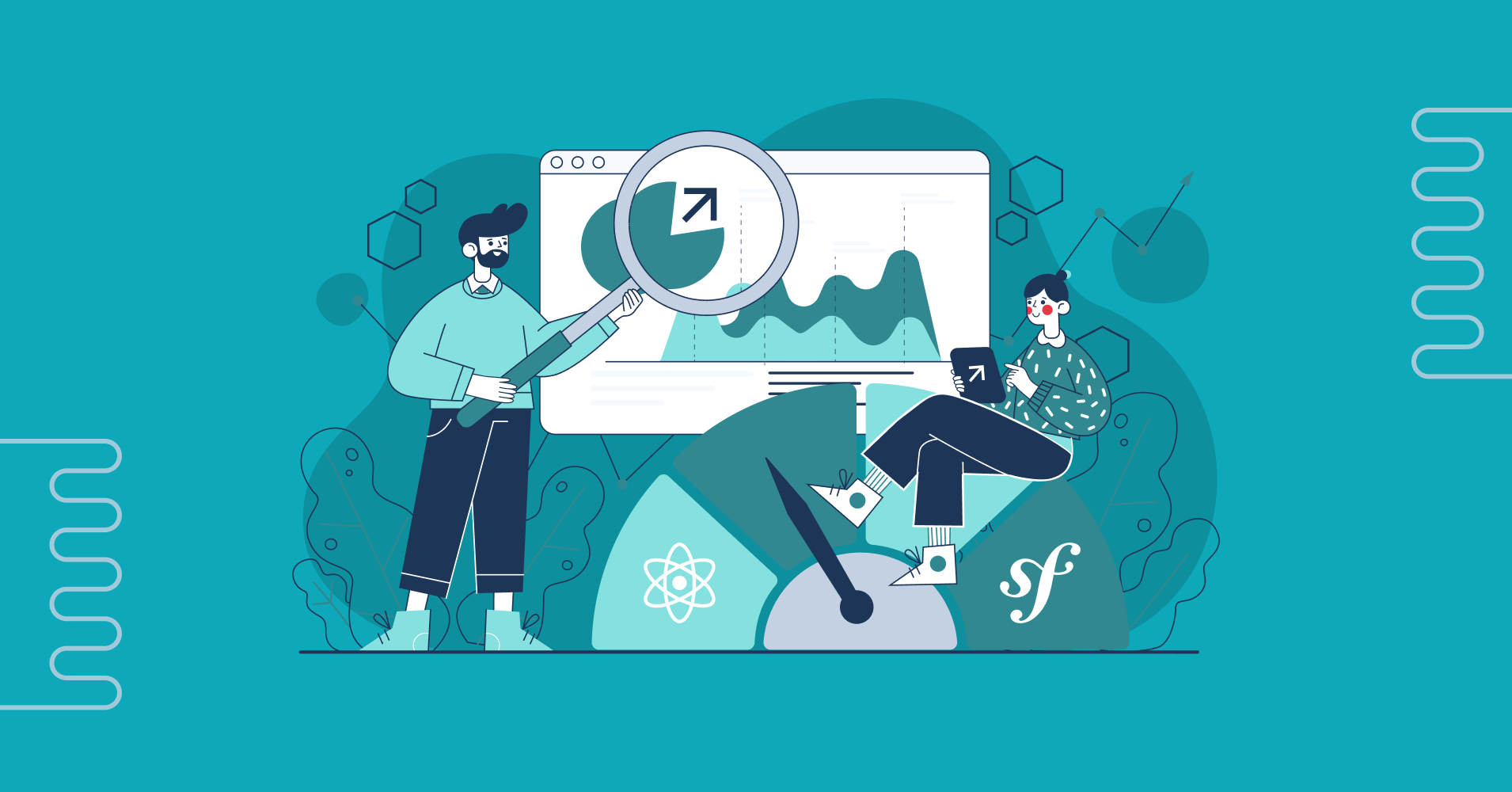
Predicting Demand with Advanced Analytics
With artificial intelligence (AI), companies can forecast demand for their products with unprecedented accuracy. Algorithms process vast amounts of data, identifying patterns and trends imperceptible to the human eye.
Analytical systems factor in historical sales data, weather forecasts, social media trends, and many other factors. This comprehensive approach enables much more precise demand forecasting for individual products.
Adopting such an approach brings numerous benefits. A company supported by AI can:
Precisely plan production
Optimise supply chain operations
Tailor offers more effectively to customer needs
Artificial intelligence analyses the past and predicts the future, giving your business an edge over the competition.
Read more: How to Integrate AI into Your Business?
A Data-Driven Approach – a Proven Business Strategy
Making decisions based on solid data is a proven business strategy with demonstrated effectiveness. Companies that adopt this approach achieve better financial results and experience more dynamic growth. According to a BARC study, firms using data in their decision-making processes see an 8% increase in profits and a 10% reduction in costs. Moreover, 69% confirm they make better choices as a result.
The ability to derive insights from vast datasets drives the success of modern enterprises. Advanced analytical systems handle this task much better than humans—they rapidly process hundreds of variables, detect subtle relationships, and become more effective with each analysis.
Avoid Pitfalls in the Decision-Making Process
Even the most experienced managers can sometimes fall into cognitive traps. While intuition can be helpful, over-reliance on it can often lead us astray. In contrast, artificial intelligence offers an objective, data-driven perspective.
A significant obstacle is a cognitive bias known as confirmation bias—the tendency to favour information that confirms our existing beliefs. This can lead to misinterpretation of data. Fortunately, modern analytical solutions process all available data impartially, providing a complete picture of the situation.
Decisions based on incomplete or outdated data often result in incorrect conclusions. The consequences of such choices can be severe—from financial losses to a loss of market position. Analytical systems address this problem by continually updating databases and highlighting information gaps that require attention.
Modern Technologies Support Data Collection and Analysis
Innovative systems have opened a new chapter in gathering and processing information. Automated data collection perfectly demonstrates the potential of these tools. Artificial intelligence gathers information from sources such as:
Social media
Online transactions
IoT sensors (Internet of Things)
This ensures that nothing truly important escapes your attention.
Data chaos? For artificial intelligence, it's no problem. It swiftly organises and prepares even the most complex datasets for analysis. You'll save time and reduce the risk of errors that could distort results.
AI truly excels in advanced analytics. Algorithms can detect subtle patterns and correlations that humans might easily overlook.
Modern technologies also shine in forecasting. They create accurate predictive models that consider hundreds of variables, ensuring your decisions are based on solid foundations.
Benefits of Using Artificial Intelligence in Decision-Making
Are you wondering whether implementing AI-based solutions in your company is a good idea? Here are specific benefits that might convince you:
More Accurate Forecasts – AI takes into account far more variables than humans, enabling it to predict upcoming trends with greater precision.
Rapid Analysis – Tasks that would take a team of analysts weeks can be completed by AI within hours.
Fewer Human Errors – Algorithms don't get tired or emotional. They consistently and objectively analyse data, reducing the risk of mistakes stemming from human factors.
Continuous Improvement – AI-based solutions constantly learn from new data. The more information they process, the more accurate and effective they become.
Risks Associated with AI – How to Avoid Them
Despite many advantages, using AI-based solutions in decision-making processes carries certain risks. What are the most significant ones, and how can they be mitigated?
Firstly, AI can also be biased. If training data contains hidden prejudices, systems may replicate them in their analyses. Therefore, careful data selection and regular algorithm audits are essential. Read more on this topic in our article: Understanding AI Bias and How to Mitigate It.
Another challenge is the lack of transparency. Some models act like "black boxes"—even though we know the input data and outcomes, we cannot analyse the logic behind the decisions. The solution is to use models that allow you to trace and understand how specific conclusions are reached. This way, you can verify whether decisions are fair and align with your company's values. Find more information here: The Importance of AI Transparency.
Case Study: How Tchibo Generates 6 Million Forecasts Daily with AI
Tchibo, a German company selling coffee and other products, partnered with Google Cloud to build an on-demand demand forecasting service. Utilising Vertex AI, the DEMON system analyses three years of data on products, marketing, sales, and logistics, predicting online demand up to 84 days in advance.
The results of the implementation are impressive. The service helped the company:
Optimise warehouse management
Reduce the time employees spend on logistics
Identify which products might be popular enough to reintroduce
The system generates over 6 million forecasts daily, demonstrating the enormous scale and capabilities of AI-based solutions.
Embrace Change with Primotly
Seventy-five per cent of business leaders believe that advanced generative AI will be a key differentiator for companies in the future. Would you like to be part of this transformation? Explore our AI integration services. We can help you implement AI-based solutions tailored specifically to your company.
Contact us today—we can strengthen your organisation's decision-making process together.

